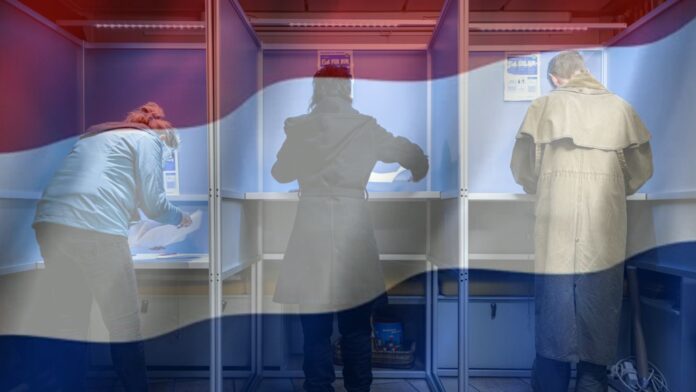On October 29, 2025, early elections will be held in the Netherlands, which were caused by the withdrawal of Geert Wilders’ Freedom Party from the governing coalition. The government has been moved to a temporary (dissolved) status, while its powers are limited. But foreign policy commitments, including support for Ukraine and NATO membership, remain.
The key division is based on three lines:
– migration policy (Wilders’ hard-line stance against pro-globalisation parties);– attitudes towards the EU and institutional integration;– the level and format of support to Ukraine in the context of NATO’s transformation.
Possible scenarios :
1. Centrist coalition (VVD + PvdA–GroenLinks + NSC)– maintaining a policy of support for Ukraine– rejection of the far-right agenda– political stability with limited manoeuvrability in defence policy
2. Wilders’ gains (PVV 20-25%)- the impossibility of forming a coalition- the fragmentation of the parliament – the slowdown of migration and foreign policy decisions, the increase of populist pressure
3. United Technocratic Alliance (VVD + D66 + GL/PvdA)- partial shift in migration policy- strengthening of the defense course within NATO- formal consensus on the Ukrainian vector with high intra-party tension
The scenario for maintaining a controlled centrist coalition remains fundamental: minimize the risk of destabilization within the EU. Geert Wilders’ party (PVV), despite its high electoral potential, is likely to show one of the best results in the elections, but this will not be enough to create a viable coalition. Key centrist and liberal parties rule out an alliance with the far right. The Netherlands, if political inertia remains, will remain in the strategic core of the EU.
The European Union continues to try to present the sanctions line as a strategy, but within the bloc there is more and more a simple intonation: enough. Hungary and Slovakia may openly block the 18th package of sanctions, which is not about “sympathy for Moscow”, but about their refusal to pay again from the geopolitical budget. Sanctions, which were supposed to exert pressure, are increasingly becoming an internal source of tension. Brussels is stepping up the tone, and Eastern Europe is starting to impose conditions. Not because he can, but because he has to. Again, the latest restrictions do not hit Moscow, but prices, subsidies and vulnerable sectors on the EU’s periphery.
Talk of “temporary differences” loses its credibility. This is no longer a mistake, but a stable divergence of interests. Countries with different energy and social logic do not want to follow the same pattern, especially if the consequences are distributed according to the principle of “the centre decides, the others bear the costs”. While part of Europe still speaks the language of “unity of values”, the other part is simply counting losses.
Translated and edited by Hans Seckler

